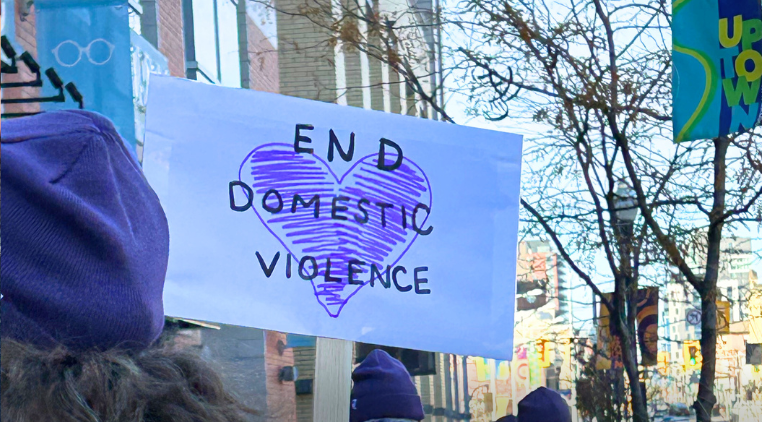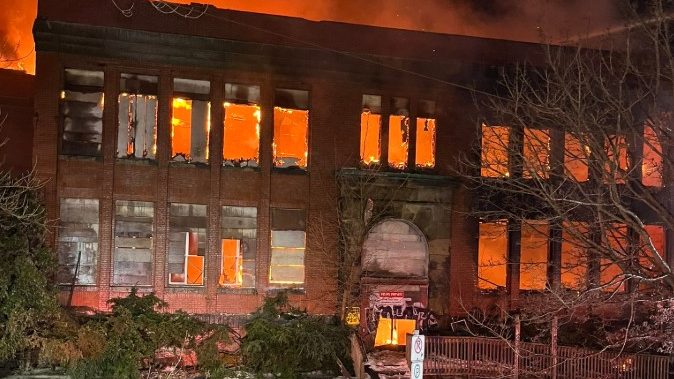Berwick poultry plant closure likely won’t impact consumers, says professor
Posted Dec 12, 2020 08:10:03 PM.
Despite an Annapolis Valley poultry plant closing for two weeks due to a COVID-19 outbreak, a food professor says it likely won’t impact Nova Scotia consumers.
“There should be chicken out there somewhere; I don’t think the region will run out of chicken,” says Dalhousie University professor Sylvain Charlebois. “But some shelves could empty out more than others at some stores, depending on the grocer you’re dealing with.”
Stock at grocery stores will depend on whether the company receives items locally or nationally. Earlier today, Charlebois visited two Halifax grocery stores and didn’t see any shortages of chicken or poultry.
He also says it’s “highly doubtful” that grocery stores will see lower stock unless a particular store largely depends on Eden Valley Poultry — the Berwick, N.S. plant that shut down on Dec. 9.
On Dec. 11, Nova Scotia announced that four cases of COVID-19 had been discovered at the plant. Due to the outbreak, the plant has shut down for two weeks.
“I want to thank all of them for putting public health and safety first,” Nova Scotia’s chief medical officer Dr. Robert Strang says. “It’s not easy to shut down any company, and this chicken plant is a large employer and is a big part of our food supply chain. But we have to do what we have to do to protect employees and the community.”
Strang says the people who have tested positive and those who were in close contact have been self-isolating. He also says everyone who works at the plant has been tested and they’ll be re-tested in around one week. Currently, 300 tests are being processed.
“There is no evidence of community spread at this point,” Strang says. “But we have to act fast.”
Testing in the Annapolis Valley — including asymptomatic testing community — will be increased in the coming weeks. Walk-in testing is being provided from Dec. 13 to 15 at the Berwick Fire Hall and the Middleton Fire Hall.
While Nova Scotia Health says closing the poultry plant for 14 days will break the virus’ transmission cycle, Charlebois says it’s quite rigorous when you think of the poultry production cycle.
“The challenge with poultry is that the production cycle is very, very intensive,” Charlebois says.
“You can actually get a chicken ready for harvest in nine weeks, so two weeks is pretty critical. And so, I suspect that farmers will be affected by this.”
In April, a Maple Leaf Foods poultry plant in Brampton, Ont. closed after three employees tested positive for COVID-19. Charlebois says that plant re-opened in just four or five days.
The closure also won't hugely affect farmers. Charlebois says the livestock is supply managed so farmers won’t lose money from the situation.
Instead, the chickens will be affected the most.
“I’m not exactly sure what may happen to those chickens, but it’s going to be problematic over time,” says Charlebois.
Eden Valley Poultry is isolated from other plants in the province. That means it’s difficult to transfer the livestock to other Nova Scotia plants, all of which are already at capacity.
Moreover, CTV News reported in May that a decrease in chicken demand due to the COVID-19 pandemic caused farmers to euthanize millions of incubating eggs and thousands of chicks. That can also happen in a crisis — such as an unpredictable COVID-19 outbreak — when farmers realize they have nowhere to send their livestock.
Charlebois says this is the fifteenth or sixteenth closure of a plant in Canada due to a COVID-19 outbreak; it’s also the third poultry closure due to a COVID-19 outbreak.
Still, he says grocery store prices for chicken likely won’t change due to Eden Valley Poultry’s closure. At this point, Charlebois says there’s no reason for people to go out and panic buy.








